Chronica VI September MMXXIV
Contents
Message from the Director
New Professor of Classical Islamic Philosophy: Jon McGinnis
Alessia Berardi
New Arts & Science Postdoctoral Fellow Landon Reitz
In Memoriam: Adam Crabtree
Convivium
Co-sponsored
Memorabilia
Acclamations
Publications
Centre Life
Message from the Director
During a recent stay in Siena, I ran into an old love. The Sala dei Nove in the Palazzo Pubblico is undergoing restoration, but over the last few days, the opportunity to climb the scaffolding suddenly appeared. I was having breakfast when I found out, booked an immediate tour, and in less than an hour later, I was face to face with the Allegory of Good Government, the rope of “ben fare,” an iconographic invention born from the para-etymology of “concordia,” and above all, Tyranny.
If Lorenzetti is dear to me, it is less for Good Government itself, but rather for his Bad Government. While working on my doctoral thesis on the cultural paradigm of the civitas diaboli in medieval Western thought – from Tyconius to Augustine and up to the dawn of modern times – I cherished the idea, megalomaniac as it was, of including Lorenzetti. I was eager to show that despite all the extraordinary innovations owed to communal culture and the Aristotelian-Ciceronianism of his time, the architectural structure of that cycle, so to speak, came from elsewhere: from the tradition of the theological-political paradigm of the two cities. At least, that was my “plan” as a debutant PhD student.
Five years later, I had studied various texts, exegetical, theological, and literary, as well as all the iconographic cycles in the manuscripts of De civitate and its French and Italian translations and put together hundreds of pages (as is customary for French-style theses). These included not a single word on Lorenzetti. A few years later, Patrick Boucheron’s Conjurer la peur: Sienne 1338 came out, along with the important works of Rosa Maria Dessì, and that idea of mine was definitively shelved.
So, finding myself face to face with the Good Government in full-scale grandeur felt like unintentionally stepping through the looking glass into one life of research that could have been but never was. With the taste of coffee still in my mouth, there it was—a small nostalgia, a brief discomfort. Then I got distracted. Unexpected, unforeseen, or better seen a thousand times and never noticed, a birdcage was dangling in front of me, on the second floor of a building where classes were held on the ground floor. As I now know, it was only in the late Middle Ages that the trade in birds kept in cages as pets for purely entertainment purposes developed. Lorenzetti included it, like the exotic fabrics and all the merchandise of this imaginary Siena, as a status symbol of a peaceful, well-run, educated, and trendy city. As I discovered from reading Gabriella Picinni in her Operazione Buon Governo that afternoon, the cage has a board game drawn at the bottom, so it could be used in many ways.
With no birdcage but a few board games, classrooms are about to be populated once again in CMS “city.” As usual, the Chronica updates us on research projects, new faces, publications, and other recent achievements of our community of medievalists here in Toronto. To the new and returning students who are about to enter our classrooms, I wish this: to nurture ambitious, and perhaps even impossible projects with the serenity of knowing that, along the way, something may be set aside and perhaps forgotten, but it will not be lost – and that is not always a bad thing. One day, finding yourself face to face with what you were pursuing, you will likely discover details you would not have possibly seen before and realize that what you have truly learned through your degree is how to look and continue seeking.
- Elisa Brilli, PhD
News & Stories
SHARING THE PUZZLES OF AVICENNA
CMS proudly welcomes Jon McGinnis, who, this summer, joined the Centre and the Department of Philosophy as Professor of Classical Islamic Philosophy. Professor McGinnis recounts his scholarly journey from graduate student to professor, and describes how filling an academic void fused into a love of interpreting the riddles of medieval Arabic philosophy.
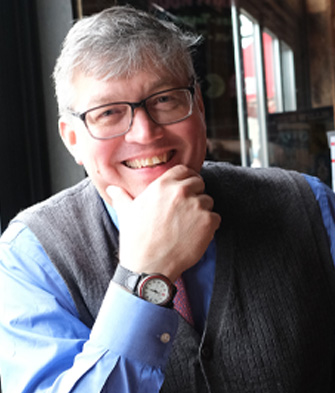
Early in my career, I often found myself in conversation being asked, “So, what do you do?” When I inevitably replied, “I work on Avicenna’s natural philosophy,” I was either met with a blank stare and the occasional, “Who the hell is Avicenna?” or from certain academics, “Why are you wasting your career on that?!” My reason is, I admit, somewhat ignoble; I’m a bit of a mercenary. When I applied to Penn’s graduate program in philosophy, I declared an interest in late medieval-Renaissance natural philosophy. To be sure, I have had a long love of medieval intellectual history, but, as an undergraduate, I had toyed with the idea of getting a degree in physics. Ultimately, I did not pursue it, as one needs to be good at math, and, alas, my relation to mathematics is one of unrequited love.
I was accepted into Penn’s philosophy program on the presumption that I would work on late medieval-Renaissance natural philosophy, and thus thought it wise to familiarize myself with the discipline. I read all the secondary sources on this area that I could find, admittedly not much at the time. In these readings, I kept coming across unfamiliar names, like Averroes (Ibn Rushd) and Avicenna (Ibn Sīnā), and thought it prudent to learn more about their natural philosophy. My initial search for secondary sources came up empty. I went to my professors in the philosophy department, and they too could offer no leads. They suggested that I ask colleagues in Penn’s Asian and Middle Eastern Studies department, which returned the same result. No one was working on medieval Arabic natural philosophy, at least not in the area that interested me, namely, what would evolve into physics. I realized that here was an empty niche in the great chain of academic being that I could fill.
I did not know Arabic at that time, so I applied for a Foreign Language Area Study scholarship, which allowed for four years of training. The next years were a crash course in Arabic, taking courses at Penn during the academic year and attending Middlebury College’s Arabic submergence program in the summers. I also received a Harvard Graduate Fellowship in their History of Science department to work with A. I. Sabra, followed by a Fulbright scholarship to study Arabic in Cairo.
Upon returning to Penn, I began my dissertation. I wanted to write on Aristotle and a medieval Arabic thinker’s accounts of time. Initially, I had thought of comparing Aristotle and Averroes, however, Averroes’ Physics commentary is not extant in Arabic. Moreover, there is no critical edition of the Latin translation, only a reprint of a Renaissance edition, replete with all the fiddly Latin abbreviations, which require a solid knowledge of Latin paleography. In contrast, a few years prior, a critical Arabic edition of Avicenna’s Physics had come out. Avicenna it was.
As it turns out, I could not have settled on a better topic. I had chosen ‘time’ as my subject because, while it is squarely a subject of natural philosophy, it is sufficiently metaphysical that I could market myself as one with a competence in both Ancient and medieval metaphysics, which I hoped would have a broader appeal when seeking a job. What I learned as I began writing my dissertation, however, is that to understand Avicenna’s theory of time, one must know not only other elements in his natural philosophy, but also aspects of his logic, philosophy of science, psychology and metaphysics. In effect, in writing on Avicenna’s theory of time, I had to acquire a general knowledge of his philosophical system. Moreover, I had to unravel many of the issues I encountered myself, as there were no other researchers in the field. I had here, the making of a long-term research program, and an historical figure whom I found, well, just philosophically cool. I thought, “I could spend my life figuring this guy out!” and I have.
I freely confess that at that time my Arabic was not strong enough to simultaneously understand Avicenna’s temporal theory and to do so solely in Arabic. Thus, I undertook several rough translations – both of Avicenna’s works and other Arabic thinkers – useful for my dissertation, and then used those translations to think about the philosophy. These translations were in what I would call ‘Arablish,’ neither Arabic nor English, but somewhere in the middle. While some of these were cleaned up into proper English and became part of my dissertation, a score of others remained saved on my computer.
When I came to the University of Missouri, St. Louis, I was asked to teach a course on Islamic philosophy, but at that time, there was no suitable anthology of Arabic / Islamic philosophy. I collected some of the available English translations of Arabic philosophical texts, edited some of my earlier translations, and created a reader for the class. That same semester, I gave a paper at an American Academy of Religion conference, and was after asked by a Professor and one of his students for the recommendation of a good anthology of Arabic philosophy. When I said that there was none, they asked, “Why not? There should be one!” Again, I thought that I could corner this market. Ever since, I have worked to make readable translations of medieval Arabic thought available to non-Arabic readers.
While I confess that pivotal moments in my career resulted from a mercenary instinct, that instinct is no longer my incentive. I simply love medieval Arabic-Islamic philosophy, theology and science, and one of my greatest pleasures is unravelling some riddle I find in Avicenna. Because I love medieval Arabic philosophy, I also want to share it; translations do that. I am happy to say that while I am still occasionally met with a “Who the hell is Avicenna?” when I tell people what I do (especially when visiting family in Texas), no academic asks me why I have wasted my career.
- Jon McGinnis
Jon McGinnis will present "Just Justification: Justifying Religious Beliefs in Classical Islam" at the Collaborative Specialization in Ancient Medieval Philosophy Proseminar on September 9. For more information about CSAMP Proseminars and events visit the CSAMP event page.
FROM STEM TO THE LEONARD BOYLE DISSERTATION PRIZE
CMS Alumna Alessia Berardi, now Assistant Professor of History at Christendom College, received this year’s Leonard Boyle Dissertation Prize for her exceptional thesis, “Vita, scientia, doctrina: Stephen Langton and the biblical model of the ‘good master’ in the twelfth-century schools.” Professor Berardi tells us how her experiences at CMS have influenced her new scholarly life.
What led you to your scholarly career in Medieval Studies?
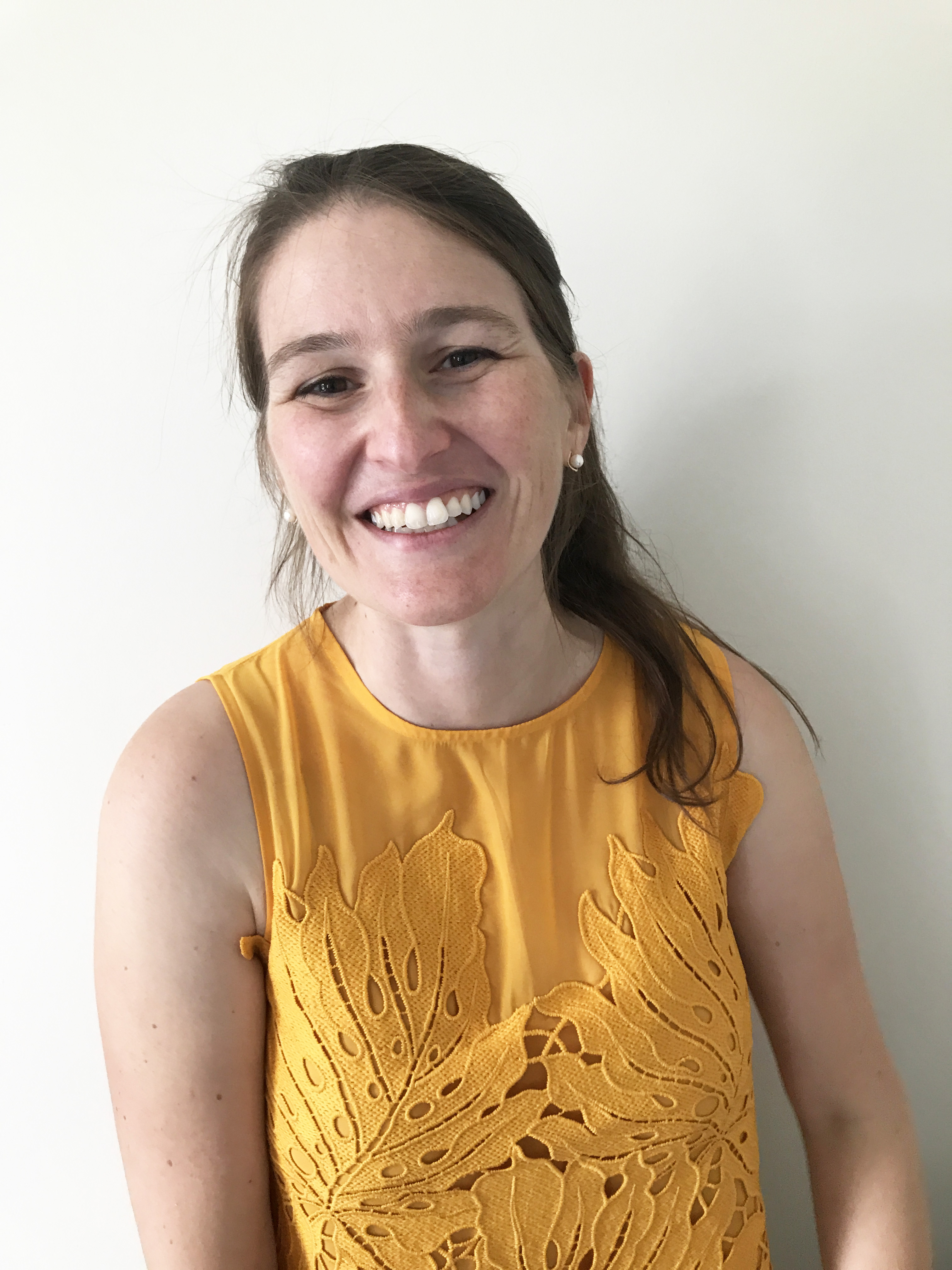
My academic background is somewhat unorthodox. I originally graduated from what we call in Italy a Liceo Scientifico, a high school focused on STEM. Thanks to my Latin professor, Stefano Bertani, I became so passionate about Latin Literature that I decided to study Classics for my BA. By taking some courses in philology and Medieval Latin, I became particularly interested in biblical exegesis and manuscript studies, and I produced a partial edition of a commentary on the Song of Songs as my MA thesis.
After visiting Canada and hearing about CMS, and after noticing that I missed researching very much, I decided to pursue a PhD in Medieval Studies in Toronto with Alexander Andrée. In particular, a Medieval Latin seminar about Stephen Langton, a theology professor in Paris in the twelfth century, and later archbishop of Canterbury at the time of the Magna Carta, influenced my decision to write my dissertation about Langton’s lectures on the books of Isaiah, Jeremiah, and Lamentations. I was fascinated by what was happening in the medieval classroom, and in particular about Langton’s idea of a ‘good’ teacher.
How do you reflect on your time at the Centre now that you have graduated?
At CMS I found an engaging scholarly community, incredible mentors, and true friends. Thanks to Professors Andrée and William Robins, I was afforded the possibility of engaging in different SSHRC projects and learning how to research. I also had the opportunity to teach in the departments of Classics and Historical Studies at UTM. At Mississauga I was a TA for various professors, in particular Boris Chrubasik, who helped me develop teaching skills. I found incredible mentors in Professors Andrée, who gave me ample opportunities for collaborative readings, Giulio Silano, and the late Joseph Goering. Goering gently accompanied me when I was stuck in my research, and always encouraged me to ‘waste time in the library’ and take frequent showers (it works, ideas actually come!), while Silano asked me the most challenging and thought-provoking questions. I also found a real support preparing for the job market in Professors Shami Ghosh and Elisa Brilli, who read countless drafts of my applications.
I will be forever grateful to my closest friends at CMS for the mutual support in writing and researching, and for everything we learned together while organizing the 2018 Vagantes Conference in Toronto. So, as a piece of advice for current and future CMS students, find good friends to spend your time with, and challenging and humorous mentors to guide you.
What has been your experience evolving from student to teacher?
Though I was still finishing my dissertation, I applied to Christendom College, a small Catholic liberal arts college, which has been a good fit for me. I teach Medieval and Ancient History, I supervise senior theses – which I immensely enjoy – and I have the time to pursue my research. Thanks to my experiences at CMS, I am well equipped to both teach, and to direct and do research. I am part of a new initiative, Rethinking Early Scholasticism, which focuses on editing and studying neglected texts from the early twelfth to the thirteenth centuries, led by Professors Boyd Coolman at Boston College, Kevin Hughes at Villanova, and Mark Clark at Catholic University of America. Now, as a professor, I am more aware than I was as a student of how many things there are still to be learned in our study of the Middle Ages, and I am more able than before to pursue original and innovative research.
The Leonard Boyle Dissertation Prize, which honours the memory of Fr. Leonard E. Boyle, an Irish Dominican friar and teacher at CMS and PIMS from 1961 to 1984, is awarded yearly by the Canadian Society of Medievalists. Any student from a Canadian institution who has successfully defended an outstanding dissertation in any field of medieval studies is eligible. For more information on Fr. Leonard Boyle, the Prize, and a list of current and past winners, visit the CSM website.
POSTDOCTORAL FELLOW SPOTLIGHT
Landon Reitz joins CMS this fall as Faculty of Arts & Science Postdoctoral Fellow with his project, Looking Up from the Page: Imaginative Medieval Reading Practices under the supervision of Markus Stock (Principal, University College / Professor, CMS, Germanic Languages & Literatures). In this research, Dr. Reitz examines the historical role of the fictional reader in the interpretive, media-technological, and aesthetic developments of medieval German literature.
What sparked your interest in Medieval German Literature, and how does it continue to develop?
My interest in medieval literature began in undergraduate courses on Dante and Chaucer, which introduced me to the complexity, humour, and alterity of medieval textual culture. When I began to seriously study medieval German literature in graduate school, I questioned how we know the manner in which to read these texts that were created in a textual culture very different from ours. Modernists and medievalists, North American and German academics all seemed to have different opinions on what constituted proper and productive reading practices. I came to realize that the texts, their composers, scribes, and material forms expressed a similar complexity, proposing and encouraging different reading practices through nascent concepts of fiction, religious devotional practice, and satirical cultural commentary.

Landon Reitz
My mentors in graduate school encouraged me; Niklaus Largier, to look at the big picture across genres and eras, while Anton Kaes introduced me to the trope of the ‘scenes of reading,’ moments in texts where fictional figures are depicted reading books. This trope allowed me to analyze similar questions across genres and eras, focusing on issues of religious devotion, the development of fiction, and the evolution of the cultural image of reading in my dissertation. Lilla Balint, my advisor on contemporary German literature, challenged me to bring the medieval into conversation with the modern. Now, in my book project, Looking Up from the Page: Imaginative Medieval Reading Practices, I focus on medieval textual culture to highlight the multitude of practices reading methods and cultural images of reading.
I continue to be inspired by modern preoccupations and anxieties surrounding reading, specifically the depiction of reality, interruptions, distractions, and focused attention. Part of this research includes an examination and critique of modern critical reading practices, frameworks that both offer insights into medieval textual culture and obscure its potential. I hope my project will contribute to the current discourses on alternative academic and popular reading practices by highlighting another moment in time when established textual practices were disrupted and reimagined.
How did this project bring you to CMS, and what do you anticipate during your time here?
Markus Stock has seen my projects develop over the last few years through a colloquium that he co-organizes with several other medieval Germanists in North America for graduate student work. At the most recent meeting of Professor Stock’s group, he encouraged me to pursue a postdoctoral fellowship at CMS. I jumped at the opportunity to develop my research projects in a multidisciplinary centre for the study of medieval culture in the middle of a large research institution. Medieval reading cultures is a transdisciplinary research topic that defies linguistic and national boundaries. I hope, therefore, that my time at CMS will provide a broader perspective on this topic and will challenge me to sharpen my analysis. I also believe this will be an occasion to join a strong community that can help shape a new project on the concepts and images of medieval futures that I am developing. I look forward to engaging with the CMS community members and their work, while keeping an eye open for possible collaborative projects.
The Arts & Science Postdoctoral Fellowship Program provides recent doctoral graduates with advance training in their field of study. Open to both domestic and international post-graduates, the yearly nomination deadline is December 1. For more information visit the FAS funding page.
Lectures & Events
CONVIVIUM
October 11 - Latin Town Hall
October 25 - James Ginther (CMS / St. Mike’s), Anselm the Fool: Meditation and the Joy of Unbelief in the Proslogion
November 8 - James Robson (Harvard), title TBA with Practices of Commentary
November 22 - Alex Bermúdez Manjarrés (CMS PhD Candidate), Collecting the self. Petrarch’s Letter Collection and Self-Writing of a Late Medieval Intellectual / Martha Culshaw (CMS PhD Candidate), A Reformer’s Dilemma: Collette of Corbie and Clare of Assisi’s Rule of Life
December 6 - Annual Bennett Lecture: W. John Bennett Distinguished Visiting Scholar, Margot Fassler (Notre Dame), Women’s Voices in the Mass Liturgy: Sequence Repertories within Various Female Communities
January 10 - Jack McCart (CMS PhD Candidate), The Patronage of John de Pulteney (d. 1349): Commerce, Commemoration, and Corruption in Fourteenth-Century London / Matthew Reid (CMS PhD Candidate), A Dialogic Approach to an Old English Boethian Metre
January 24 - Landon Reitz (Faculty of Arts & Science Postdoctoral Fellow ), ‘Wer hât mich guoter ûf getân?’ Imagining the Reader in German Medieval Literature
February 7 - Chris Nighman (CMS / Wilfrid Laurier), Digital addenda/corrigenda for printed critical editions of Latin texts: Auxiliary resources for the Electronic ‘Manipulus florum’ Project
March 7 - Goggio Visiting Professorship Progamme in Italian Studies presents Jane Tylus (Yale), title TBA
April 4 - Annual Alumni Lecture, Anna Wilson (Harvard), title TBA
April 11 - Annual O'Donnell Lecture hosted by Greti Dinkova-Bruun: Stella Panayotova (University of Cambridge) Latin Texts as Image Generators, Tenth-Sixteenth Century
April 17 - Old English Colloquium
CO-SPONSORED
September 20-21 - University of Toronto Colloquium in Medieval Philosophy 2024
September 26-28 - TRRC (Toronto Renaissance & Reformation Colloquium) Communities of Print: Authors, Readers, and Printers in the Early Modern World, A Conference in Memory of Natalie Zemon Davis and James K. McConica on the Sixtieth Anniversary of the Founding of the Colloquium
November 29 - Peter Jeffery (Medieval Institute, University of Notre Dame), Who Wrote 'Ordo Romanus Primus', the Earliest Description of the Roman Mass Rite
January 31-February 1 - PIMS Medieval Women Workshop
February 14 - Colloquium on John Philoponous (details forthcoming)
April 25-26 - Annual Toronto Workshop in Ancient Philosophy ATWAP
MEMORABILIA
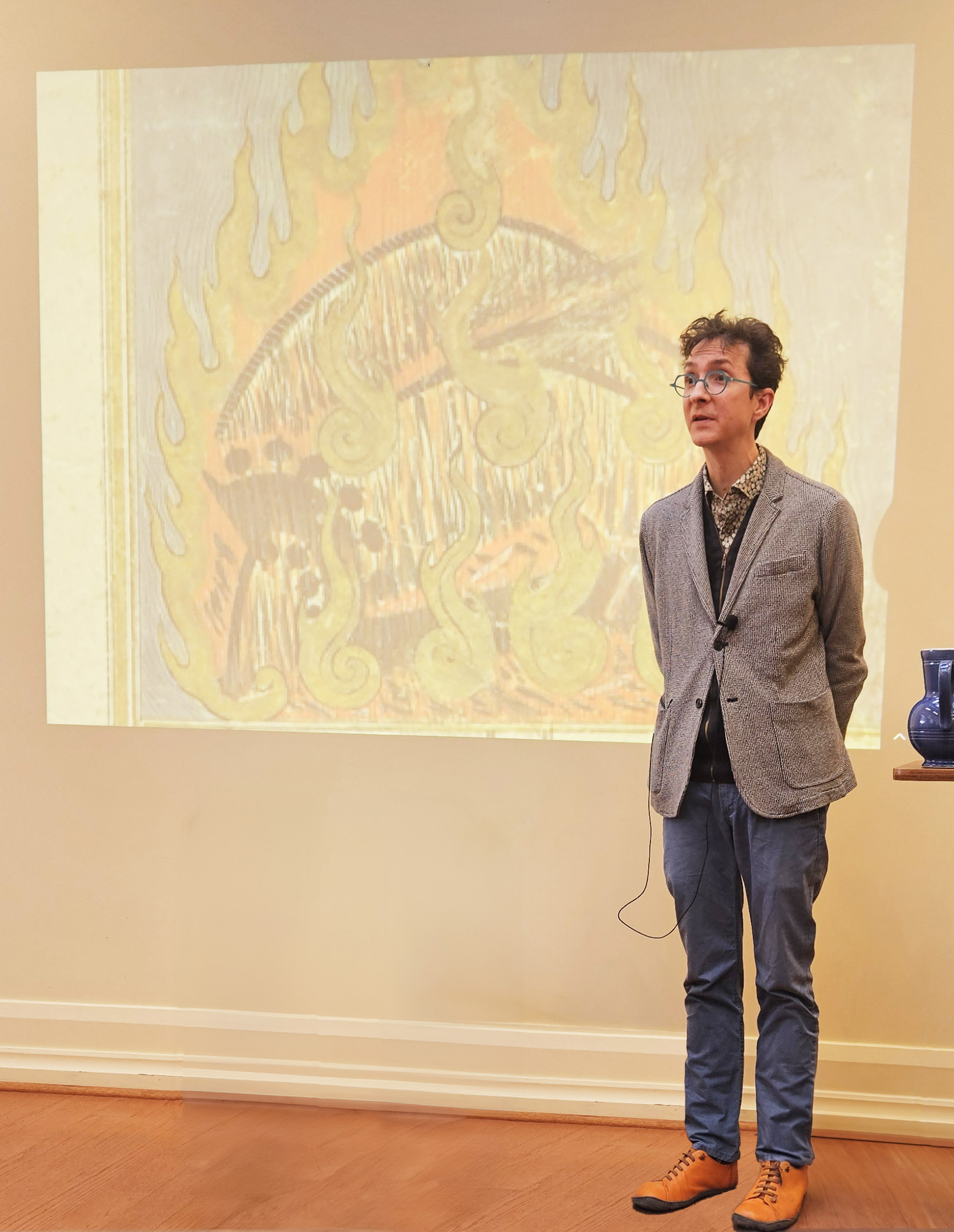
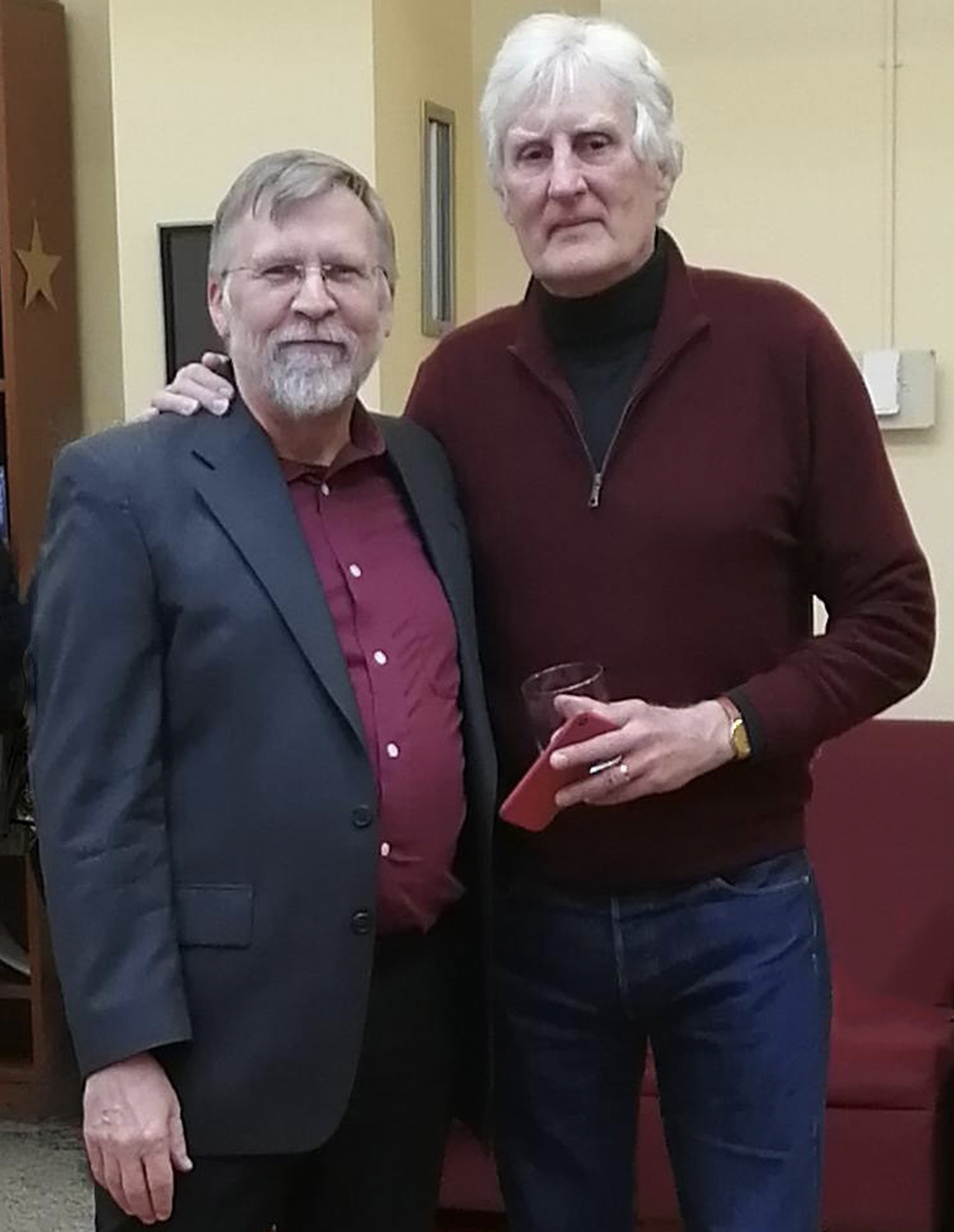

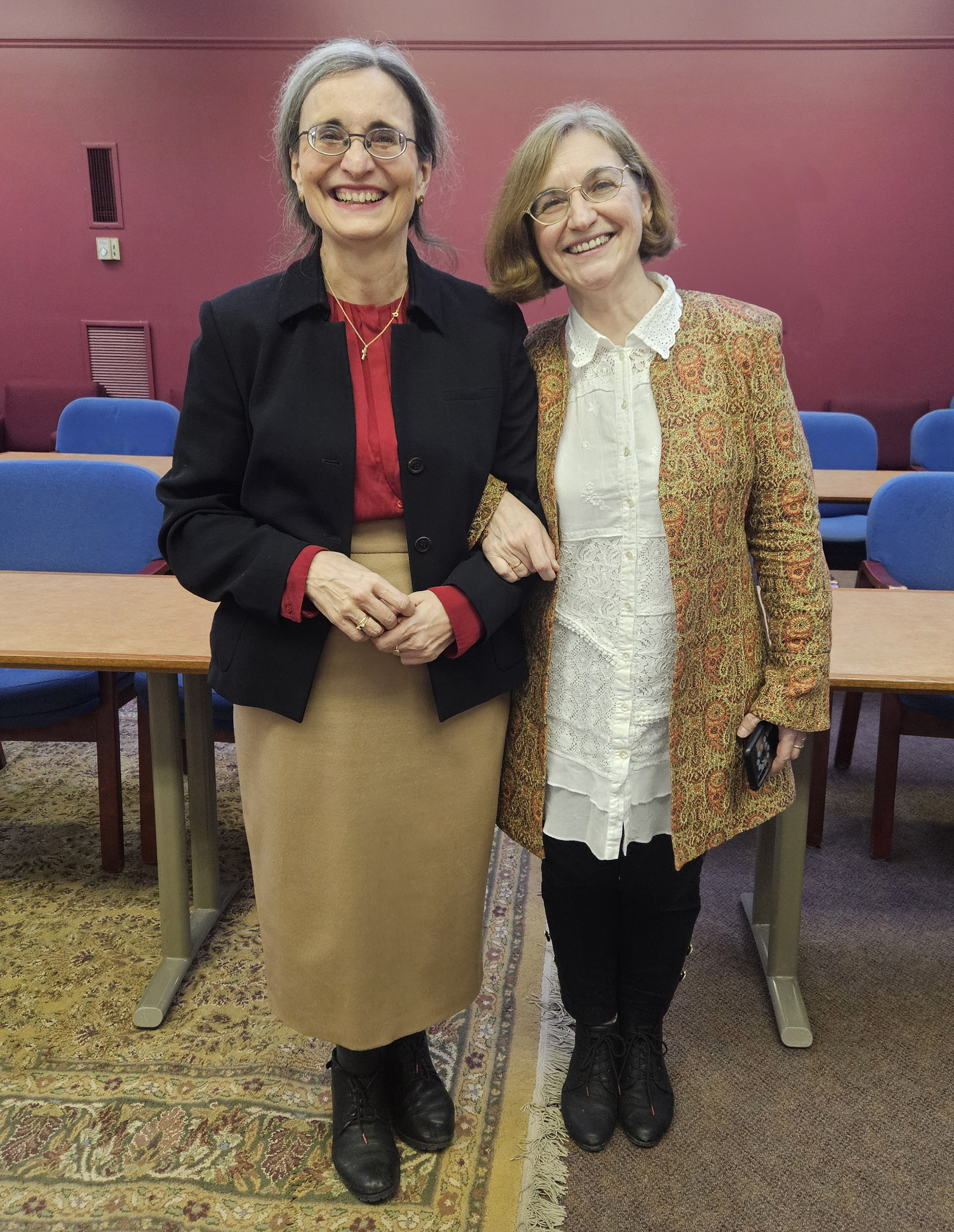

ACCLAMATIONS
CONGRATULATIONS CMS STUDENTS, FACULTY, AND ALUMNI
Samuel Cardwell (Alumnus, 2023) has been awarded a Postdoctoral Fellowship with the British Academy for “The Beginnings of Biblical Interpretation in Northumbria, c.650-800.” Samuel has also been shortlisted for the 2024 CAGS / ProQuest Distinguished Dissertation Award, and has received a prize for having one of the top two dissertations in this competition at U of T.
James P. Carley (CMS Faculty, Distinguished Research Professor Emeritus, York University) received an honorary doctor of letters degree from the University of Victoria.
Brian A. Catlos (Alumus, 2000) was awarded a 2024 Guggenheim Fellowship in the field of Medieval & Early Modern Studies.
Amy Conwell successfully defended her dissertation, “Mental Disease in Late Medieval England.”
Ann Dooley (CMS Professor Emerita and Alumna, 1978) was named the inaugural recipient of the Ireland Funds Canada Distinguished Leadership Award.
Abigail Firey (PhD, 1995) received an Igniting Research Collaborations Program Award from the University of Kentucky for “Large Language Models for Understanding Medieval Manuscripts.”
Roberta Frank (Professor Emerita, CMS, Yale University, CMS Director, 1994-1999) was appointed to the Medieval Academy of America’s Van Courlandt Elliott Prize Committee.
Laura Ingallinella (Faculty, CMS, Italian) was awarded the Connaught New Researcher Award for her project, “Networks of Gendered Forgery in Early Modern Europe.”
Michaela Jacques (Postdoctoral Fellow, 2020-2022) gained a new position as Editor at McGill-Queen’s University Press.
Stephanie Lahey (Postdoctoral Fellow, 2021-2023) received a Mark Andrews Fellowship in Book Science.
Cameron Laird (Alumnus, 2021) was appointed Research Associate at the Dictionary of Old English.
Laura Moncion successfully defended her dissertation “Closen leben das ist nut ein cleines ding: Women Recluses in Alsace, c.1200–1500.” Laura was also awarded a Postdoctoral Research Associate at the University of Notre Dame Institute for Advanced Study / Institute for Ethics and the Common Good.
Franco Pierno (Faculty, CMS, Italian Studies) was named a member of the Scientific Council of the Italian Scientists and Scholars in North America Foundation (ISSNAF).
Cillian O’Hogan (CMS Faculty) was awarded a Supervision Award from the School of Graduate Studies.
Jonathan Newman (CMS Alumnus, 2008) was named Director of Graduate Studies at Missouri State University.
Andrew Reeves (CMS Alumnus, 2009) was promoted to full Professor at Middle Georgia State University.
Andrew Seeley (CMS Alumnus, 1995) was awarded The Russell Kirk Paideia Prize For Lifetime Contribution to Classical Education from the Circe Institute, and was named Director and Contributor to the Augustine Institute’s new Certificate Series in Integrated Learning and the Seven Liberal Arts.
Sebastian Sobecki (Faculty, CMS, English) was appointed to the Medieval Academy of America’s Schallek Committee.
David Sylvester (CMS Faculty, USMC President and Vice-Chancellor) received the International Dante Alighieri Society Award of Merit.
Nicholas Terpstra (Faculty, CMS, History) was named named Trinity College Provost & Vice-Chancellor.
Elza C. Tiner (CMS Alumna 1987) received The Honorary Alumni Award from the University of Lynchburg.
PUBLICATIONS



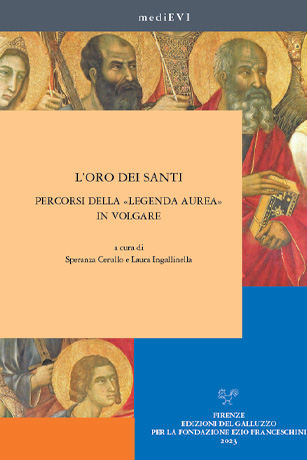
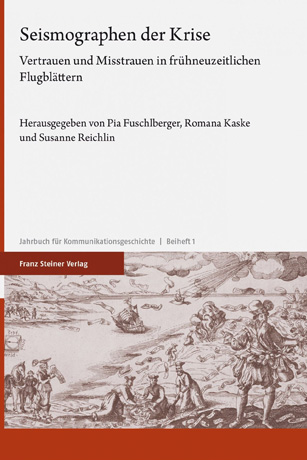

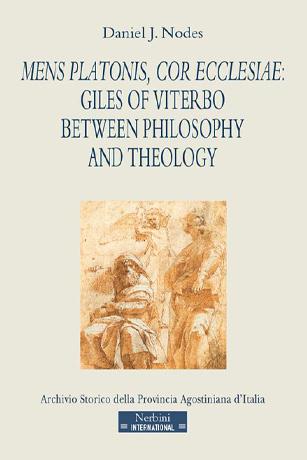
Philosophy and Theology •
Daniel J. Nodes • Nerbini

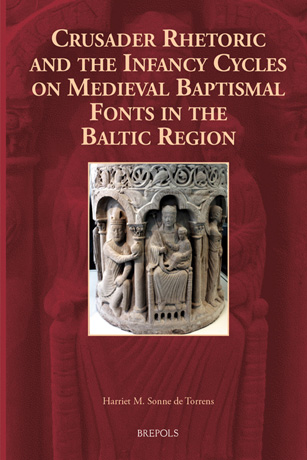
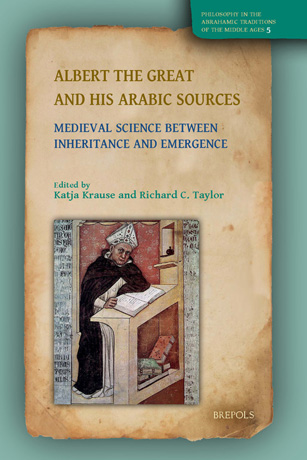
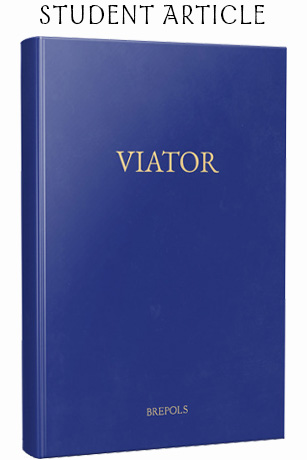

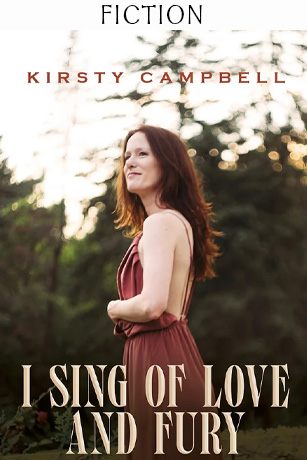
Kirsty Campbell • Independent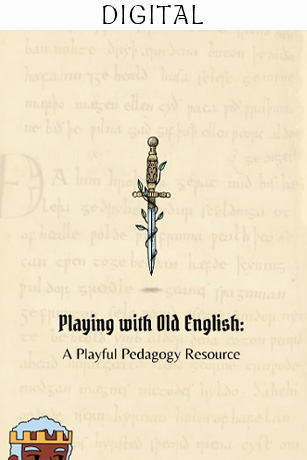
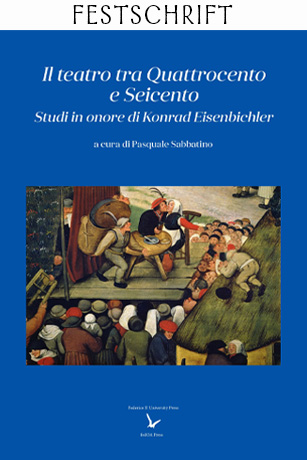

Burning Shed

Boydell & Brewer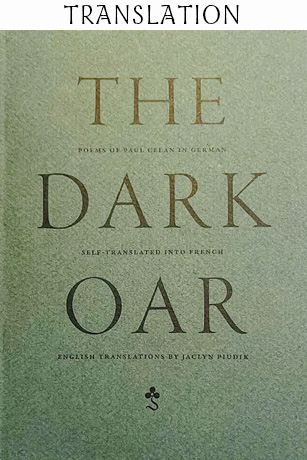
Centre Life
STUDENT EXECUTIVE COMMITTEE

Claire is a third-year PhD Student at the Centre studying Old English poetry and its association with weaving as a craft.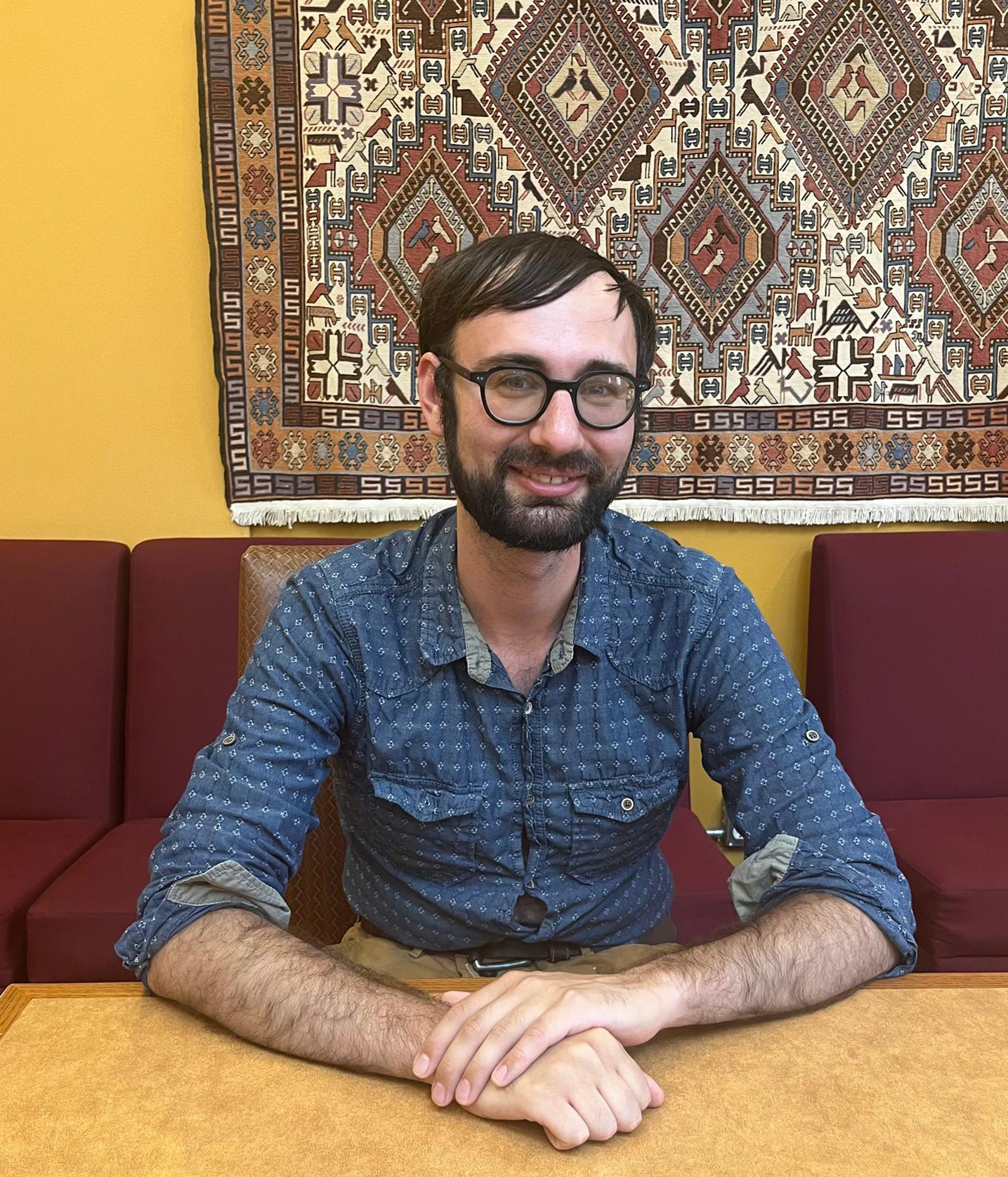
John is a second-year PhD Student at CMS studying the history of the secular clergy in France in the eleventh and twelfth centuries. 
Royā is a second-year PhD Student studying the political and constitutional history of early medieval Europe with focus on tenth-century Germany.
CMS EXECUTIVE
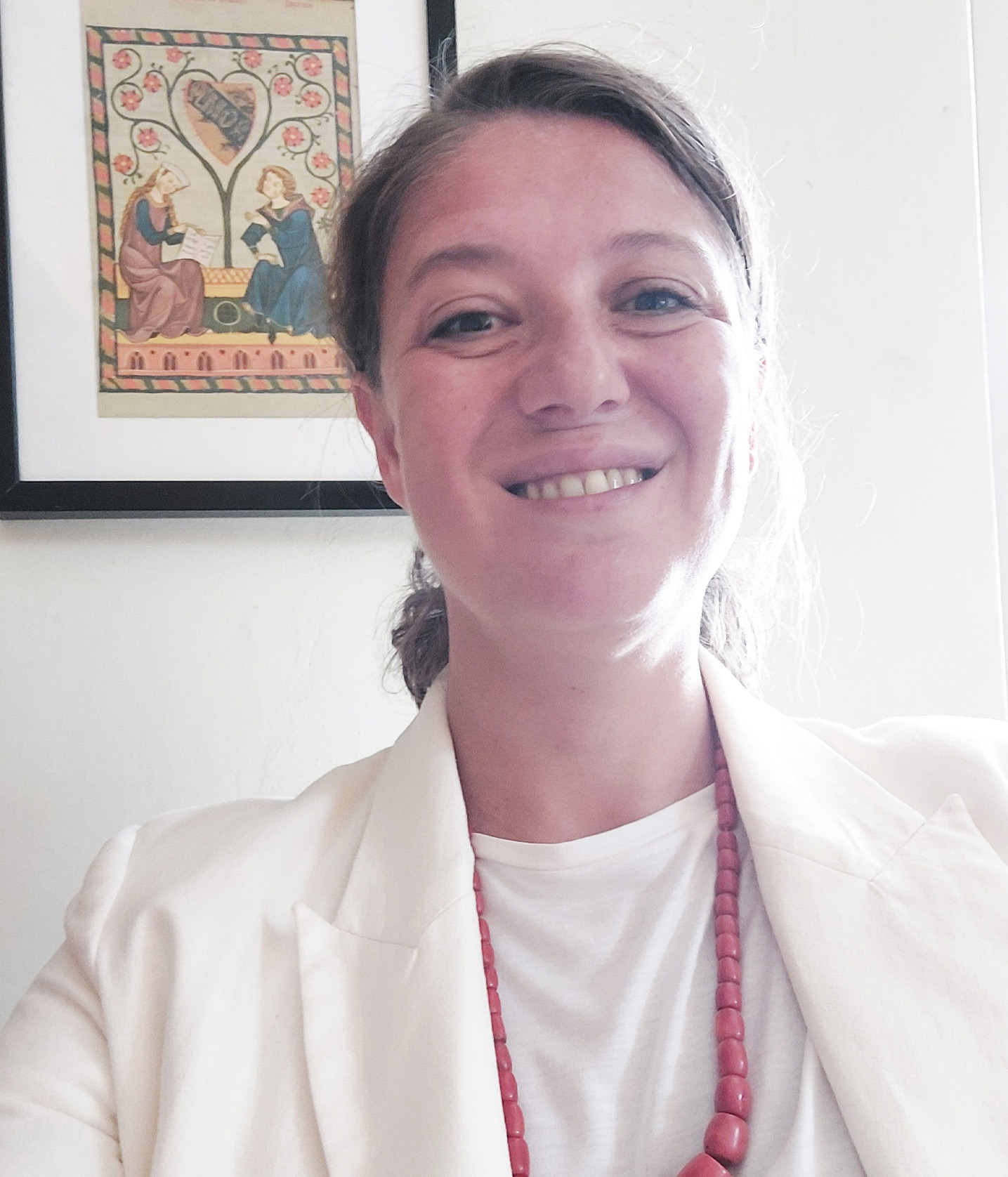
In this third year, the cardinal points of my tenure are academic excellence, interdisciplinarity, and inclusivity.
I look forward to working together. 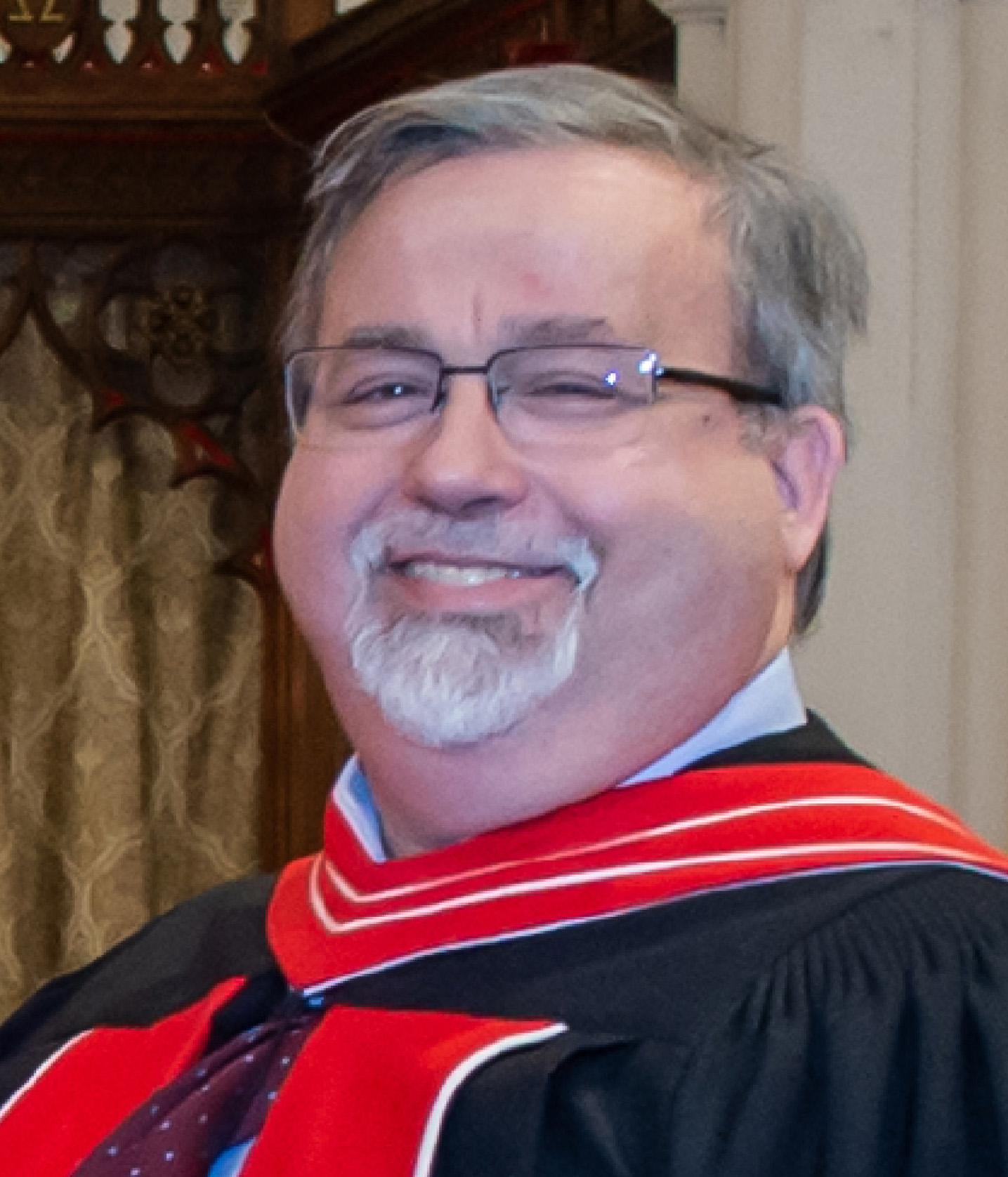
I share in the responsibility of the Centre’s daily management of academic programming and personnel, serving on several CMS committees.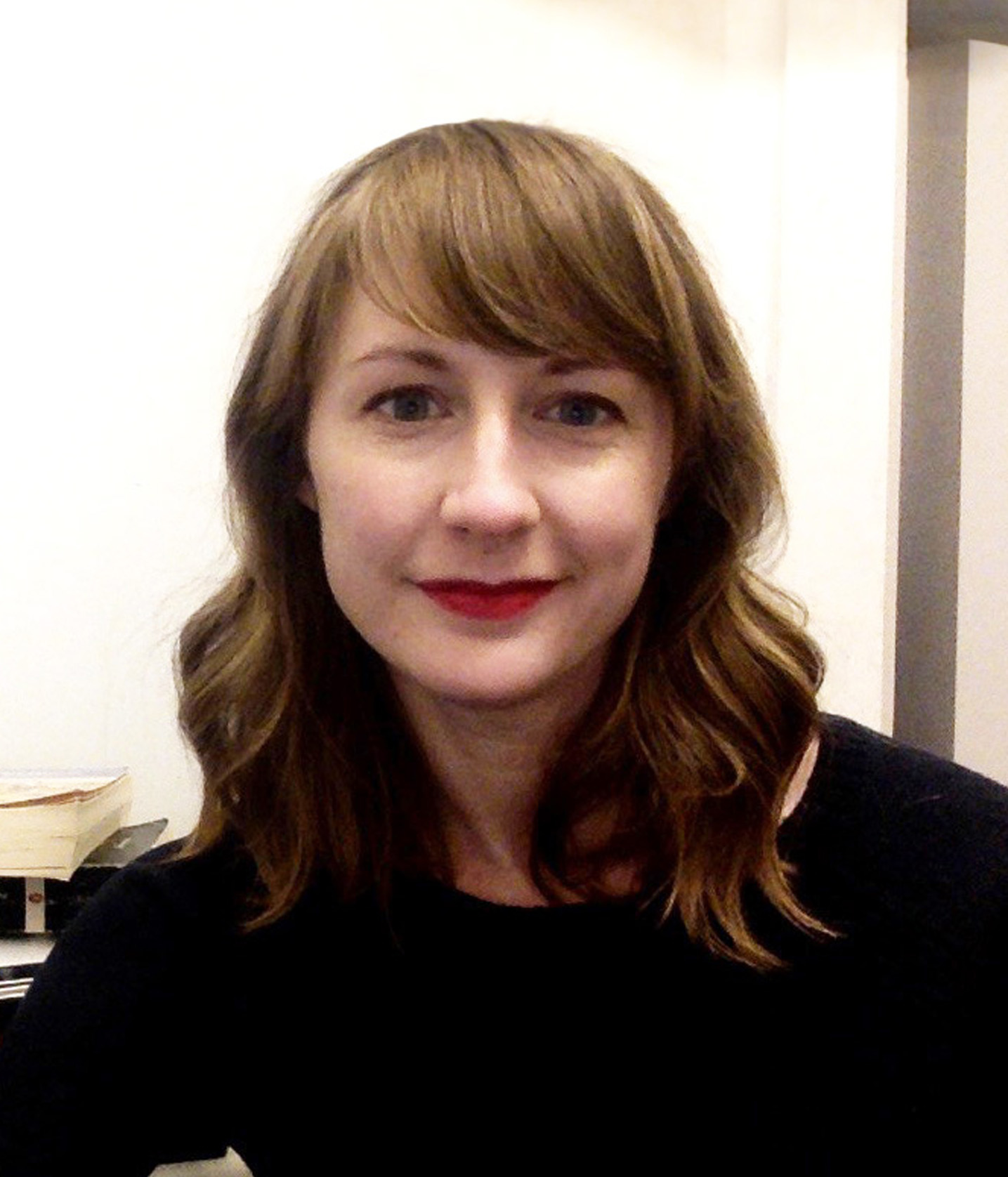
I advise PhD students about their progress through the program, as well as lead our Professional Development course, MST 1003. Feel free to reach out any time!
CMS ADMINISTRATION
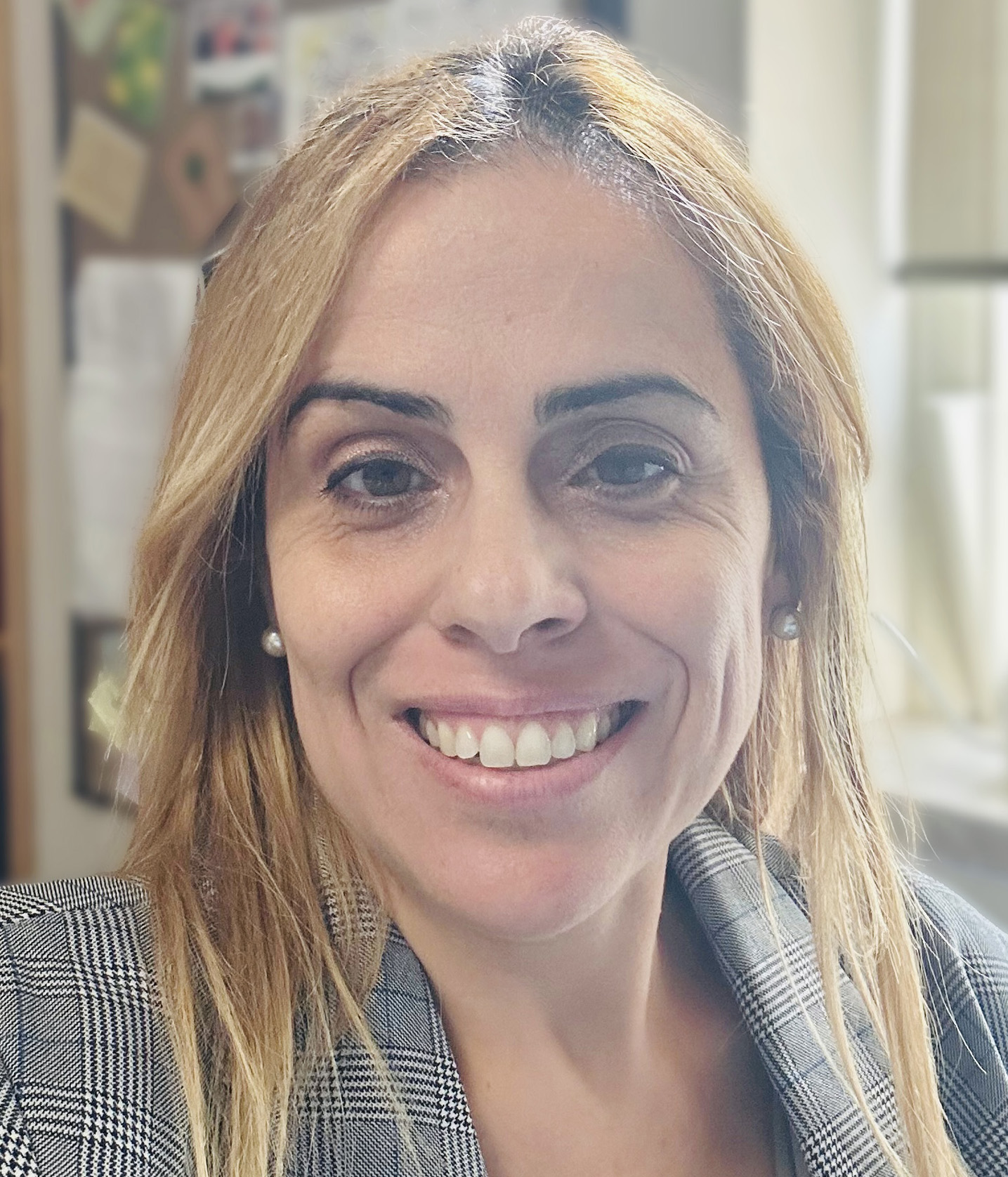
With the start of a new year, I hope to bring a collaborative and meaningful approach, while facilitating the day-to-day operations and long-term planning of the Centre.
With years of experience at U of T, an MA in Education, and a love of history and literature, I help with policy and procedure, registration, enrolment, appeals, and graduation.
I help inform, promote, and celebrate CMS Students, Faculty, and Alumni, connecting the Centre with the wider medieval community, receptively, and inclusively.


